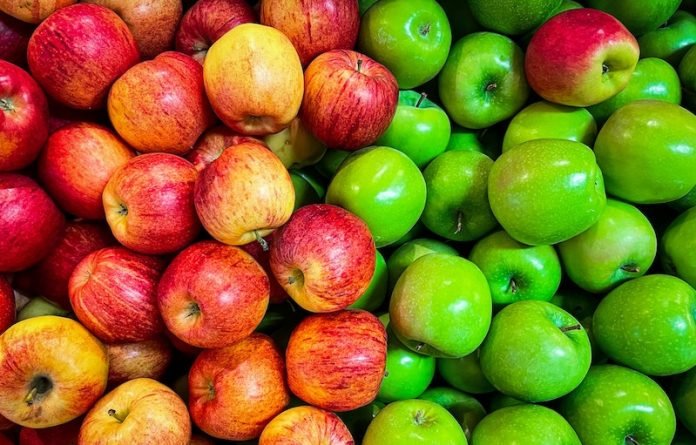
A recent study from Southern Medical University found that intake of the flavonoid quercetin can greatly reduce high blood pressure in people suffering from heart disease.
Quercetin is a plant pigment commonly found in many plants and foods, such as onions, teas, apples, and red wine.
In the study, the team reviewed multiple studies that assessed the impact of quercetin on blood pressure and blood sugar levels.
Each study assessed blood glucose, total cholesterol, and/or insulin. 17 studies with a total of 886 participants were included.
The team found the results from 13 treatment groups throughout the studies showed that quercetin markedly reduced systolic blood pressure.
Participants who consumed quercetin for eight weeks or more showed significantly changed levels of high-density lipoprotein (HDL) cholesterol.
Quercetin did not markedly influence total cholesterol or significantly change fasting blood sugar. Quercetin was not found to cause serious adverse events in any of the included studies.
The team concluded that a reduction in blood pressure of more than 10 mmHg lowers cardiovascular risk by 50% for heart failure, 35% – 40% for stroke, and approximately 20% to 25% for myocardial infarction.
The researchers suggest that the favorable effects of quercetin on blood pressure support the use of quercetin for patients with high blood pressure.
If you care about blood pressure, please read studies about supplements that could help reduce high blood pressure, and certain plant-based foods could benefit people with high blood pressure.
For more information about nutrition, please see recent studies that olive oil may help you live longer, and vitamin D could help lower the risk of autoimmune diseases.
The research was published in Nutrition Reviews and conducted by Haohai Huang et al.
Copyright © 2023 Knowridge Science Report. All rights reserved.



